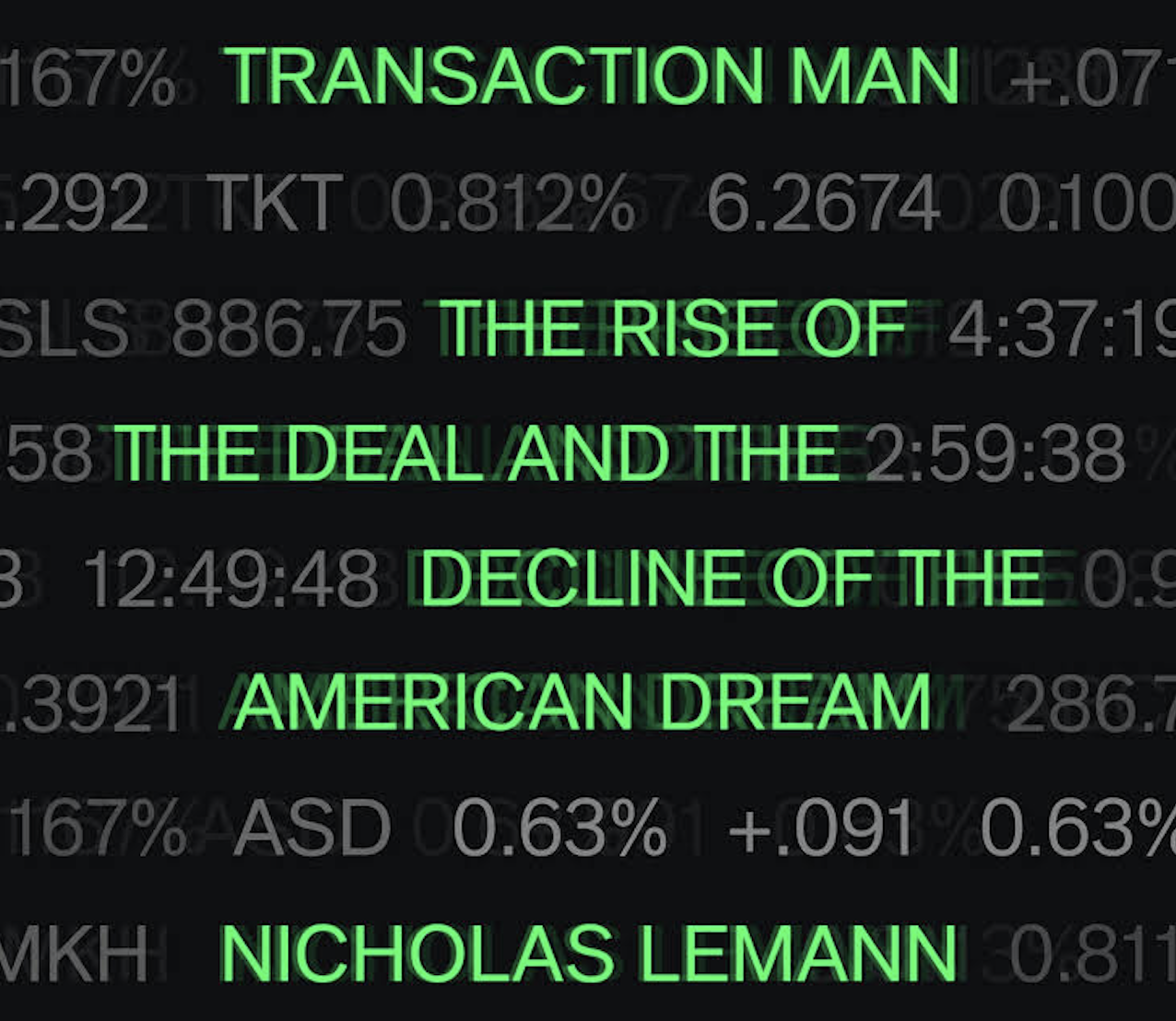
Robert Christgau

All four of Nicholas Lemann’s major books examine crucial episodes of American history through the prism of lives that shaped or were shaped by that history. In 1991’s The Promised Land, Mississippians Ruby Lee Daniels and George Hicks embody the Great Migration as they relocate to Chicago. In 1999’s The Big Test, the Educational Testing Service’s Henry Chauncey and Los Angeles attorney Molly Munger carry Lemann’s analysis of an SAT-fueled meritocracy more privileged than it knows. Redemption’s alarming and often brutal 2006 account of racist terrorists destroying Reconstruction makes flawed heroes of Maine-born Union general turned Mississippi governor Adelbert Ames 
Michael Chabon split his career in two with 2000’s Pulitzer Prize-winning The Amazing Adventures of Kavalier & Clay. Before then he was a Respected Young Novelist whose widely praised, commercially robust The Mysteries of Pittsburgh and Wonder Boys mined the academic-bohemian nexus in the city where Chabon attended college. He also published two volumes of short stories, many of which initially appeared in The New Yorker. “Naturalistic,” Chabon came to call this mode, especially in short-story form; stories of “disappointment, misfortune, loss, hard enlightenment, moments of bleak grace. Divorce; death; illness; violence, random and domestic; divorce; bad faith; deception and Robin D.G. Kelley’s new biography performs the essential and gratifying task of transforming a deliberately enigmatic eccentric—”I like to stand out, man. I’m not one of the crowd”—into a warm, familiar, flesh-and-blood presence. Kelley emphasizes that the chapeau-sporting genius who wrote “Nutty” was at bottom a devoted husband and father rooted in a social network dating back to his childhood on West 63rd Street in Manhattan, where he moved from North Carolina at age four in 1922. There Monk lived—except for two teen years in a gospel roadshow and a few sojourns with relatives in the Bronx—until he retreated to